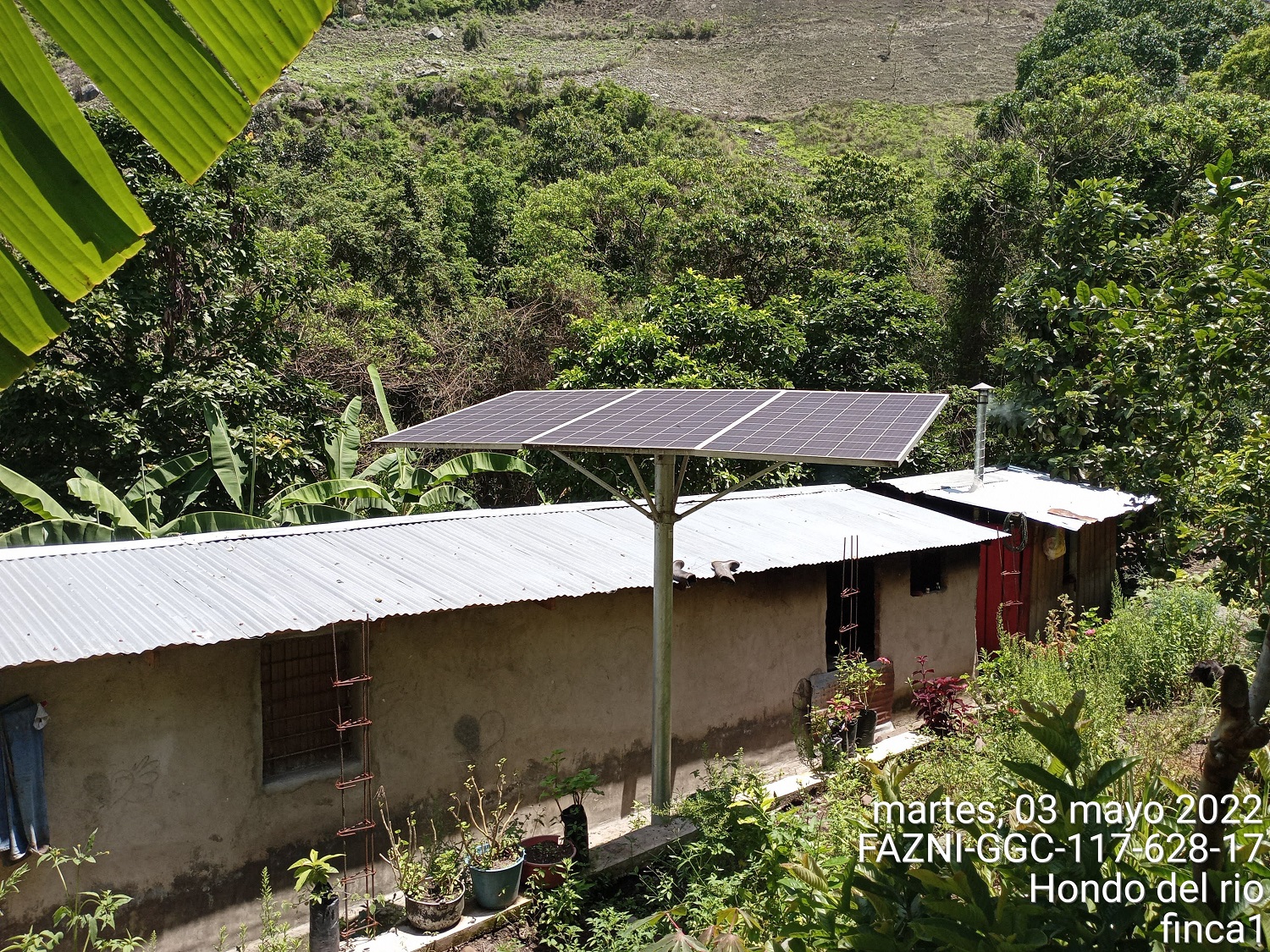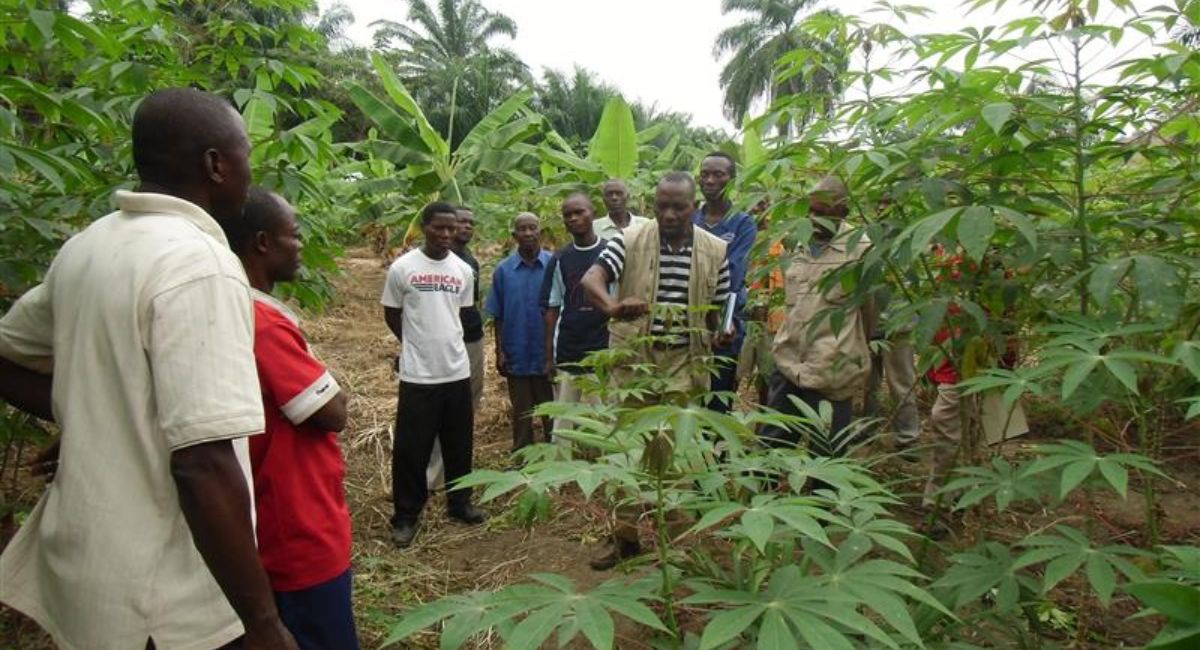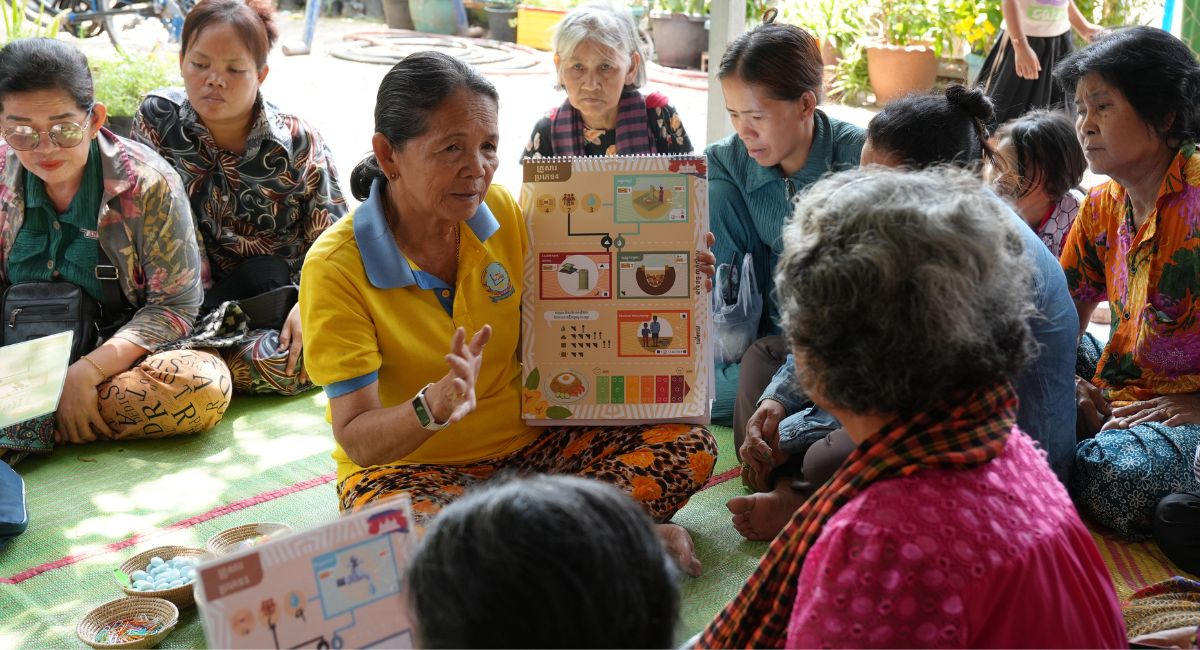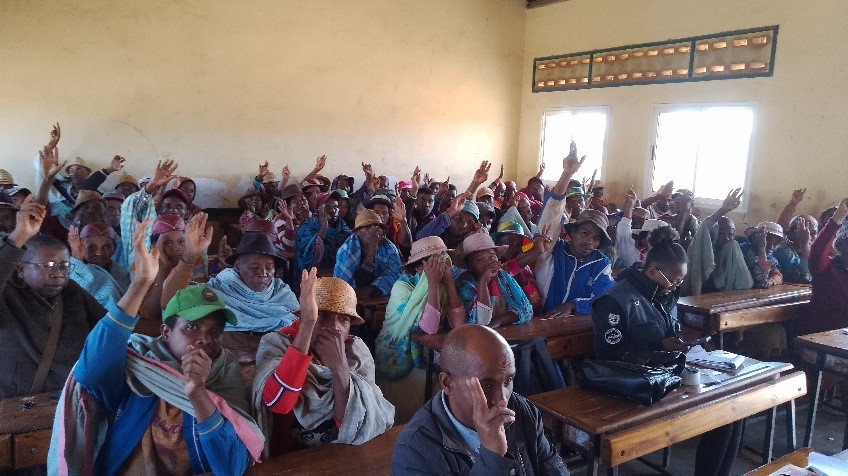In Colombia, approximately 500,000 households have no access to electricity. To address this, the Colombian government has been working for more than 20 years on equipping households with photovoltaic solutions via solar electrification projects. Supported by Agence française de développement (AFD), the government mandated GRET and its partners Energía Sin Fronteras and Valoración Económica Ambiental to evaluate the impact of these projects, with a specific focus on gender, and to draw up recommendations on the national energy policy. The evaluation took place from March to October 2022.
The objective was to measure the impact of these photovoltaic solutions on households, public services (in particular healthcare and education centres) and on economic activities. Particular attention was given to the differentiated impacts on men and women. The teams also evaluated the sizing of these solutions, and worked on determining whether the pricing of the service was adequate. The evaluation focused on 14 projects in 8 communes (municipios) with different geographic, socio-economic and cultural contexts.
Households did observe changes, but no impact on gender inequality
Access to electricity tends to change daily habits, mainly thanks to improved lighting conditions. But it does not have an impact on gender inequality, notably on sharing of housekeeping tasks and decision-making in households. Access to electricity changes households’ perceptions of safety, peace and social cohesion in terms of the exterior environment. Photovoltaic solutions contribute directly to energy transition when they replace pre-existing diesel production systems (in some cases) and traditional solutions (candles) in the vast majority of cases.
Solutions that are insufficient to improve the quality of public services
The photovoltaic solutions proposed did not make it possible to improve the quality of public services. In fact, the solutions are not sufficiently powerful and are not implemented in parallel with other services such as improved education or healthcare, sanitation, meals and nutrition, public lighting, investment in better facilities, etc. This is due to the fact that photovoltaic solutions within projects were primarily targeted at households
Creation of new economic initiatives
Electrification can create new activities that generate income and employment. These are mainly informal and carried out by women. It created new economic dynamics and expectations in the locality and the neighbouring localities. However, electricity has no influence on reduction of illicit activities, except when used to replace consumption of petrol products, such as gas oil, thereby weakening smuggling associated with this market.
A model that was generally well received, but a partial response to users’ needs
The solution model adopted was generally well received, but responds only partially to the needs of the majority of users, because it does not take account of the specific needs of certain groups of the population or discriminates the latter. Prices and payment procedures are not appropriate for users. In addition, initial support and post-project monitoring only enables partial appropriation of facilities and mitigation of the risks of negative incidences of photovoltaic solutions on the environment is insufficient.
Transversally in terms of gender, the evaluation team observed that electrification alone did not suffice to transform gender relations and that it is necessary to conduct an initial diagnosis to take account of women’s specific uses of electricity and their role in electrification. It also underlines the need to have quantitative and qualitative indicators to monitor the reduction of gender inequality and train the people recruited in organisations and institutions in the energy sector.
The results of the evaluation made it possible to draw up recommendations on the country’s energy policy with the state bodies in charge of energy issues and AFD. “With this evaluation, we are supporting fair energy transition in Colombia by strengthening the capacities of the Ministry of Mines and Energy and the Institute for the planning and promotion of photovoltaic solutions with a view to reducing energy poverty and including everyone’s specific needs”, says Paula Barrios, social development and gender equality projects manager at the AFD in Bogotá.





